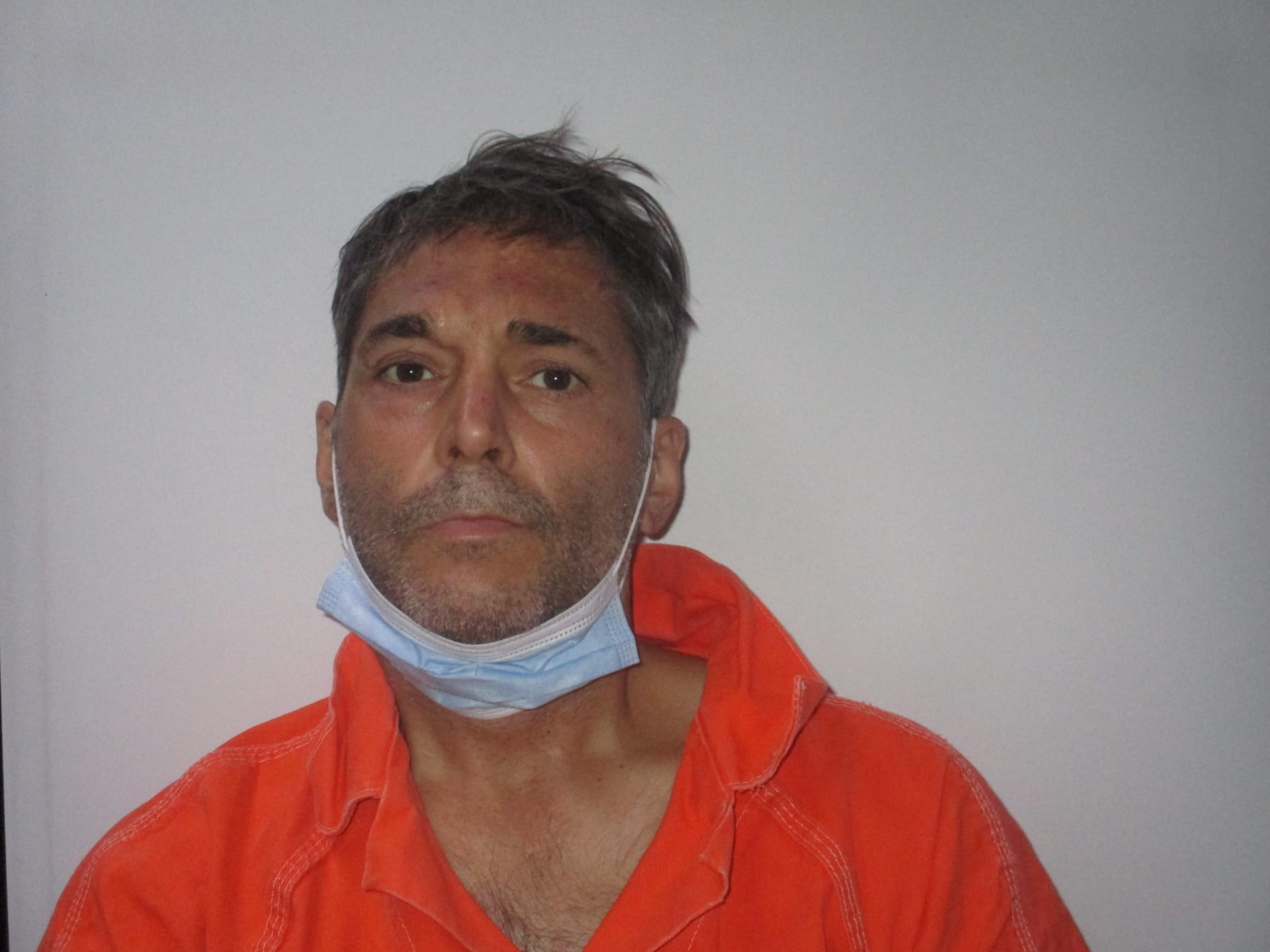Flowers: Treat all hate, bias equally
Published 10:30 am Friday, November 26, 2021

- Christine Flowers
|
Getting your Trinity Audio player ready...
|
About a month ago, I was traveling on the subway in Philadelphia when I was attacked by a young black male in a hoodie, who was angry that I was filming him after he’d punched me in the head moments before.
I made a report, and other than anger that SEPTA is incapable of guaranteeing my safety for the increasingly expensive fare they charge, I’m fine. In fact, I’d basically forgotten about the incident until last week, when I saw a video of a few black girls attacking Asian students in a Philadelphia subway car.
It is a disgusting display of inhumanity, with the aggressors yelling and screaming curses at the victims, who seem to be cowering in their seats and very much afraid for their lives. The attackers appear to be unarmed in the video, but they are feral and brutal, and much more violent than the teen who attacked me.
When the first reports were issued about the attacks on the train, local media and officials twisted themselves into Philly soft pretzels to avoid addressing the elephant in the room. One news channel posted an article about how they were “investigating” if this was a hate crime, ignoring the fact that on the video you can, if you listen closely, discern racial epithets screamed at the victims. It’s not conclusive, but it matters.
More important, though, were the official announcements tweeted out by people like Mayor Jim Kenney, who wrote:
“I’m appalled by yesterday’s assault involving students on the Broad Street Line. Those involved in the assault have been identified and will be held accountable. I want our residents to know that we will not tolerate any acts of hate.”
At first glance, it’s not bad, although he doesn’t mention the race of the assailants, nor the race of the victims. You can be certain that if it were a gang of Proud Boys attacking a person of color, we’d not only know the races of all parties involved, we’d have marches in the streets.
Imagine if a bunch of white girls from the suburbs had called a bunch of black girls racial epithets, and that was caught on video. You know that this would be the number one story on the news for the next two cycles, and there would be op-eds written, community activists consulted and sensitivity trainings initiated.
Here, though, there seems to be a much lower sense of urgency. WHYY, Philadelphia’s local public radio station and “voice of the community,” barely mentioned the race of the attackers when they posted articles about these “alleged” hate crimes. I looked on their website, and could only find one reference to “African-American” teens embedded far down in the article.
Contrast that with what happened in Georgia last year, when there was the attack on Asian women by a white male. Before any of the details became known and the actual motives assessed, the media were in full “white supremacy” mode with the man going after women of color because of his toxic white masculinity. It was only after the real motive was determined to be the misogyny of a mentally unhinged man who couldn’t get a date did the media recalibrate its narrative to be something along the lines of the dangers faced by women of color with the emphasis on domestic abuse as opposed to racial animus.
We don’t even need to go that far back to see the hypocritical gymnastics the media does when discussing race. After Kyle Rittenhouse was justifiably acquitted of all charges in Wisconsin, the usual race-baiting suspects came out with comments about how if it had been a black boy who shot white guys, he’d be sentenced to life. They inject race where it’s irrelevant, but ignore it when it is actually relevant, as when black teenagers are brutalizing Asian students.
Time after time, if the aggressor is white and the victim is not, it automatically becomes a narrative about bigotry and white supremacy. The “Through the Looking Glass” moment came when Rittenhouse, who is white, shot three men, who were also white, and he’s still attacked as an example of white privilege. This is madness, and we are in societal quicksand.
Refusing to point out that race was very likely a factor in the attack by these black students on Asian youth is racism by omission, namely, refusing to even consider the possibility that bias was a central part of the equation.
If we really want to have an honest discussion about race, we have to discuss all the messy, uncomfortable aspects about it.
We need to treat all instances of hatred and bias equally, because if we don’t, we are proving that only some lives matter.
Christine Flowers is an attorney and a columnist for the Philadelphia Daily News, and can be reached at cflowers1961@gmail.com.





